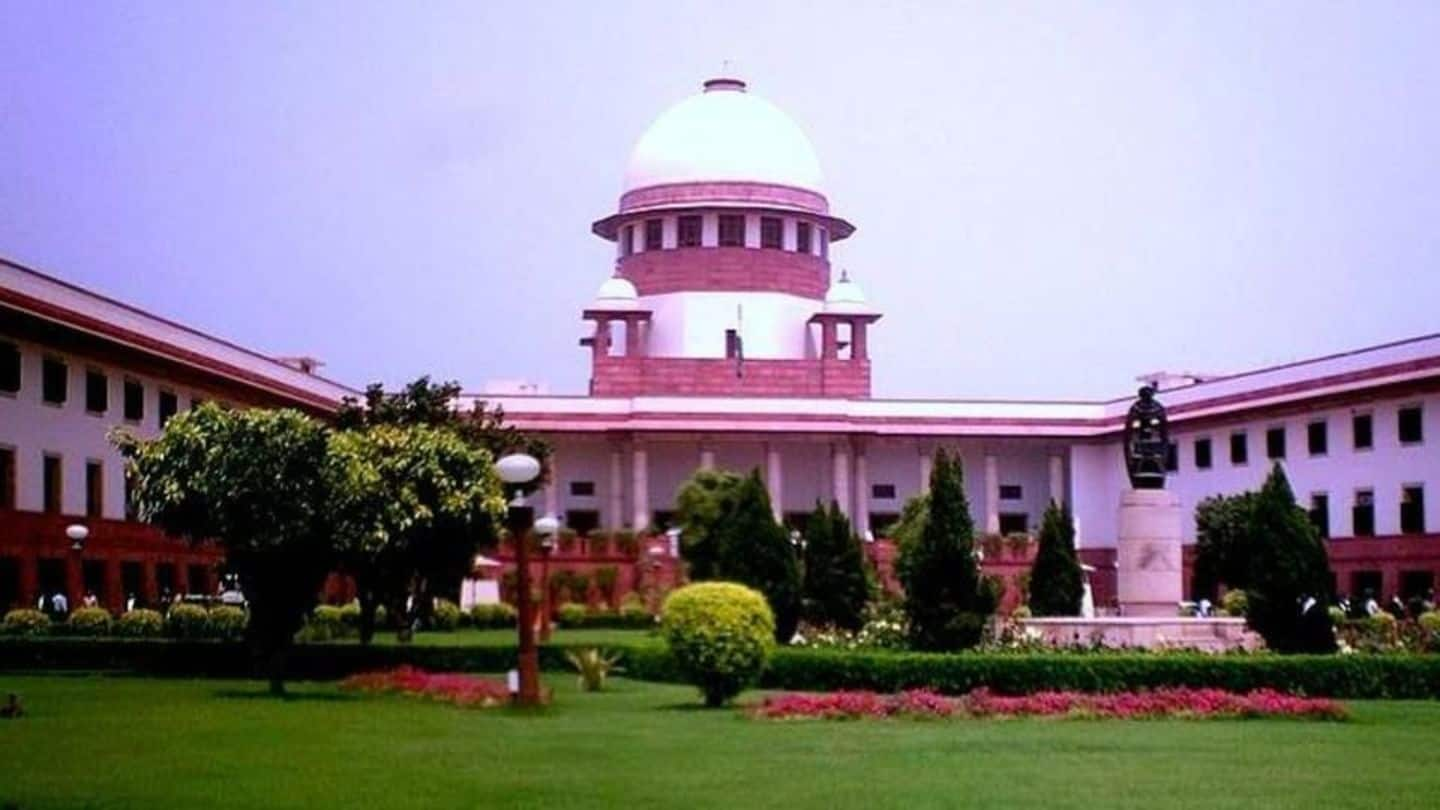
SC raps CBSE over NEET row
What's the story
The SC today rapped the CBSE for setting different question papers for students taking the NEET in regional languages. In May, students had filed a petition against the NEET, alleging question papers varied for different languages and states. The court said there should be a common question paper for NEET, irrespective of language. Only 30,817 of the 1,00,152 regional language candidates qualified this time.
Information
10 different languages
The common entrance test for admission into medical and dental courses is conducted in 10 languages: Hindi, English, Gujarati, Marathi, Oriya, Bengali, Assamese, Telugu, Tamil and Kannada. According to student petitioners, the Tamil language paper was much tougher compared to the English language paper.
Court case
Regional language question papers were tougher than English
According to petitioners, since all India ranking was given, it demanded that question papers be same for all candidates. Most complaints were about how regional language question papers were tougher than the English and Hindi ones. Candidates had also sought that May 7 test be scrapped and the exam held again. However, the SC declined to "nullify" the exam since lakhs would be affected.
Quote
CBSE's defence
The CBSE counsel Maninder Singh said: "The level of difficulty of questions were the same in all the languages. We will put it in the affidavit that there were two sets of question papers". He said different papers were to avoid leaking of question papers.
Controversy
From arrests over paper leaks to harassing of students
Different question papers weren't the only thing about the NEET this time that made students unhappy. At some centers, female students were reportedly asked to remove their bras for security purposes. Others were asked to remove ornaments and footwear. There were also paper leaks in June-July. Arrests followed in Delhi and Patna. This year, the SC removed age and attempt limits for candidates.